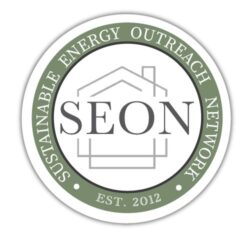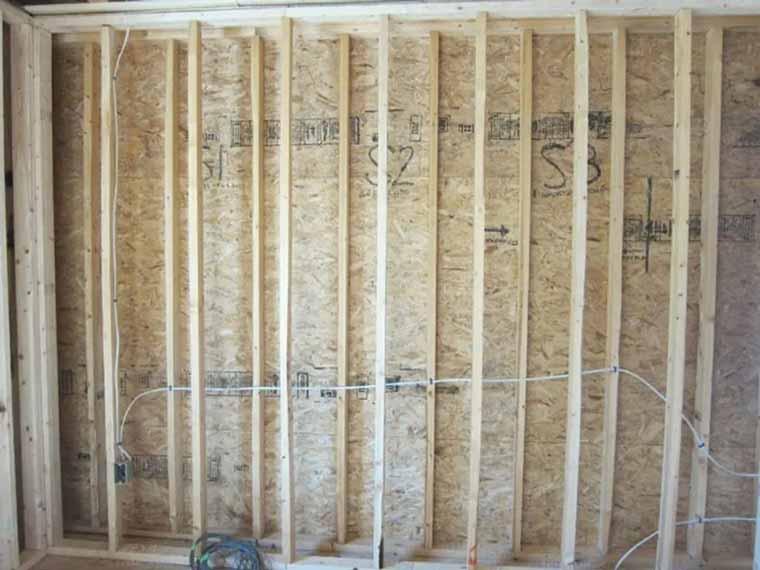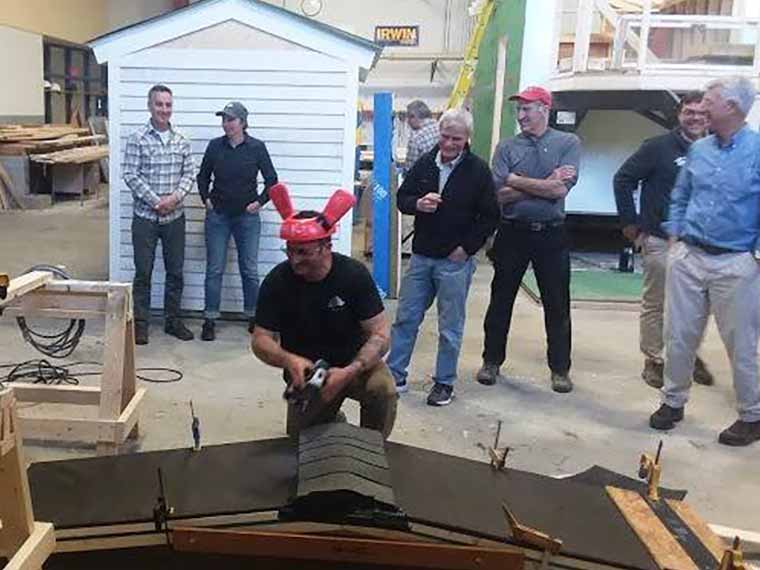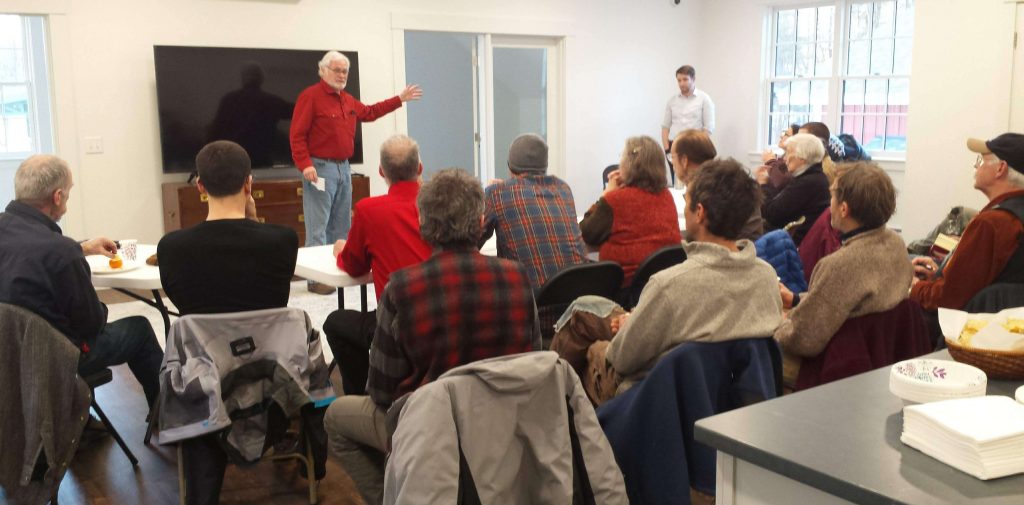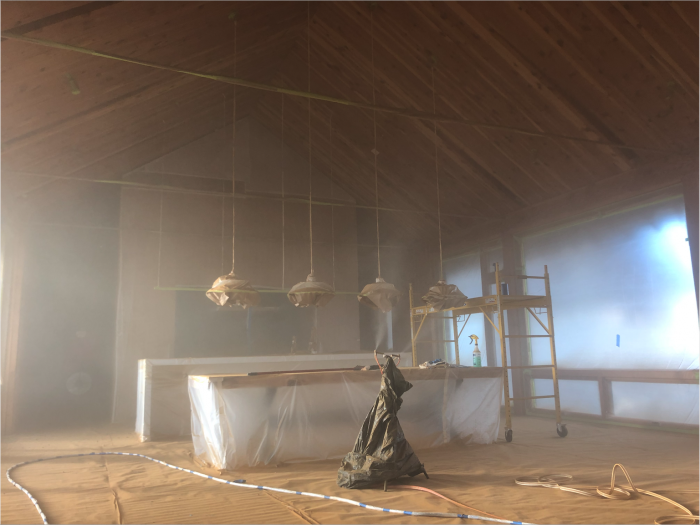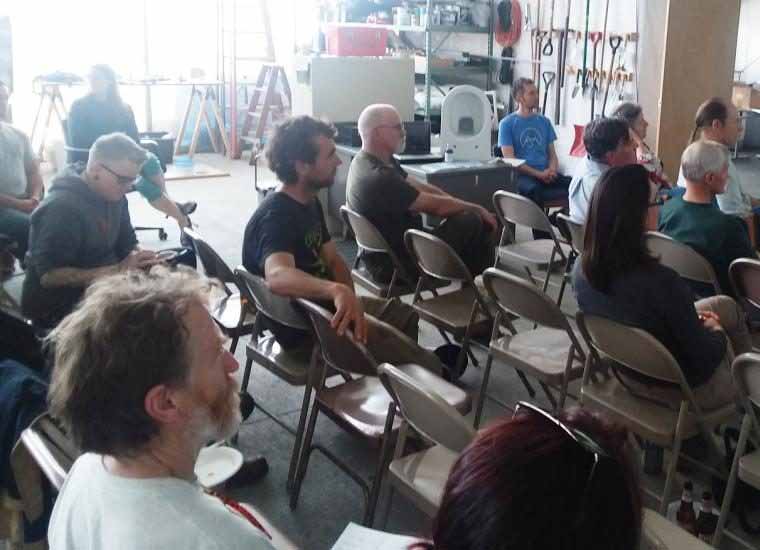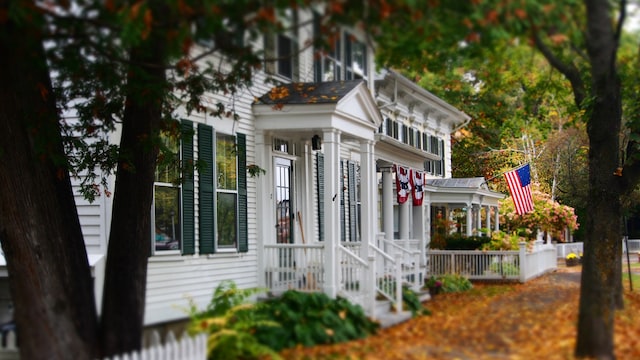Building Science: Volume 1, Issue 4
April’s Building Science Newsletter:
• Jason Van Nest’s LOGIC Building Systems
• Aerobarrier time
• The Why and How of a Good Production Process Map
• Slump tests
• The Prouty
• Jobs, jobs, jobs
• and more
Building Science: Volume 1, Issue 4 Read More »
